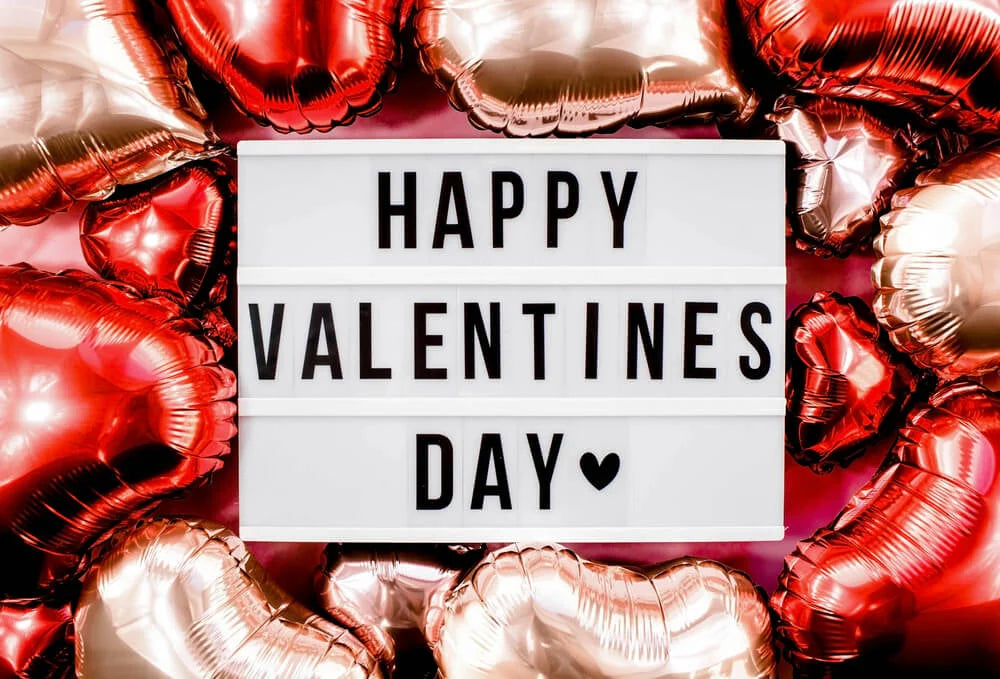Valentine's Day, the day of love, is globally recognized as a moment when people express their affection and love for each other. But what makes this day so special, and where does the hype come from? Let's delve into the meaning of Valentine's Day and explore how people experience this day.
The Origin of Valentine's Day: A Historical Romance
Valentine's Day traces its origins back to the 3rd century AD when the Roman Empire was ruled by Emperor Claudius II. The tale goes that a priest named Valentinus, against the emperor's decree, performed marriages for young soldiers forbidden to wed. Valentinus was sentenced to death on February 14 but not before writing a love letter to his jailer's daughter, signed with "From your Valentine."
The Hype Around Valentine's Day: Commerce or True Love?
In modern times, Valentine's Day sometimes seems overshadowed by commerce, with florists, chocolatiers, and card sellers thriving in the run-up to this romantic day. The question arises: has Valentine's Day become a purely commercial affair, or does the true essence of love remain intact?
The answer may be a blend of both. While some view the day as an opportunity for businesses to profit, many appreciate the chance to lavish extra attention on their loved ones and value the symbolism of love that this day represents.
Valentine's Day and Self-Love: Shouldn't We Be Loving Ourselves Every Day?
A critical point to consider is whether love and affection should be confined to a specific day each year. Wouldn't it be ideal if we strive for self-love and express appreciation for those around us every day? Some argue that Valentine's Day shouldn't be the only day love is celebrated but rather a reminder to be constantly loving and considerate.
Valentine's Day Worldwide: Positive or Negative?
Perceptions of Valentine's Day vary across the globe. In some cultures, it is embraced as an opportunity to celebrate love, while others see it as a commercial gimmick. Some people feel fortunate and appreciated on this day, while others experience pressure to meet expectations and may be disappointed if the day doesn't unfold as romantically as hoped.
In conclusion, Valentine's Day is more than just a day of commercial romance. It serves as a reminder that love in all its forms should be celebrated not just on February 14 but every day of the year. Whether you participate in the festivities or choose to celebrate it in a more subdued manner, the message of love and appreciation is universal and timeless.





